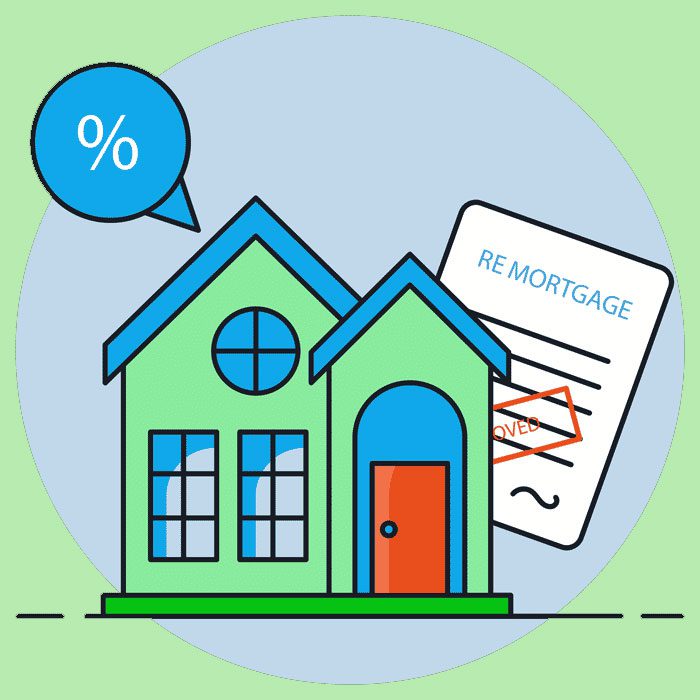The Cost of Remortgaging in the UK: Essential Guide
Home » How To Get A Mortgage » How to Remortgage » The Cost of Remortgaging in the UK: Essential Guide
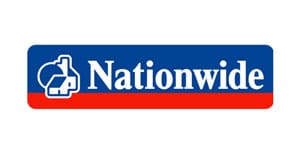






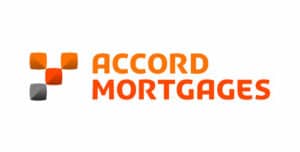
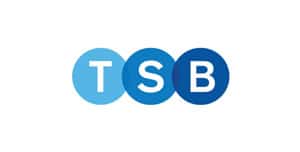

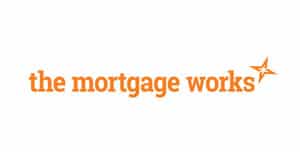
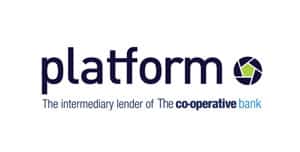
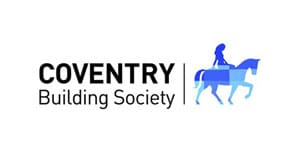
How much does it cost to remortgage?
The cost of a remortgage in 2024 ranges from £150 to over £13,500, depending on the specifics of your current mortgage deal and new mortgage deal.
Understanding all the fees and costs involved in remortgaging is of utmost importance. This guide aims to simplify this process for you by outlining common costs, their reasons, and how best to approach them effectively.
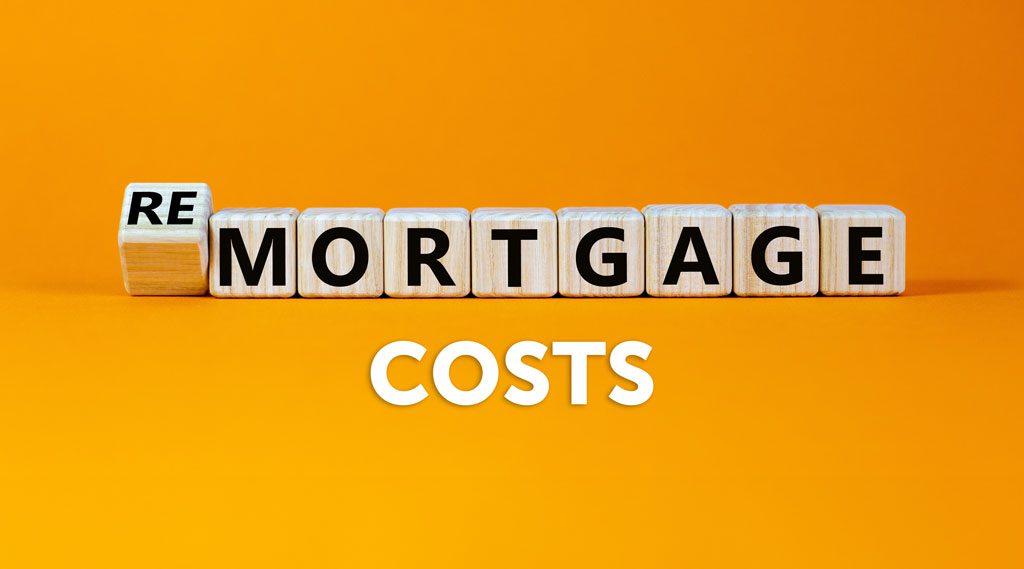

Key Remortgage Costs: Fees and Charges Breakdown
Assessing your switch to a new mortgage deal requires understanding the key expenses involved to make an informed decision. Remortgaging can offer significant financial benefits, such as lower interest rates and reduced monthly payments. However, the process involves several fees and charges that can impact the overall savings and cost-effectiveness of switching your mortgage. Here is a list of the main remortgage costs:
- Early Repayment Fee: This penalty applies if you settle your mortgage or surpass the allowed overpayment during a specified deal period, like fixed terms of two, three, or five years, safeguarding the lender’s interest income.
- Product Fee: This fee often referred to as an arrangment fee or booking fee is associated with obtaining a new mortgage deal. Not every mortgage deal has a product fee but the ones that do usually come with better interest rates and/or cashback. It’s also referred to as an arrangement, booking, or mortgage fee.
- Title Document Release Charge: Also known as a deeds release or administration fee, this is paid to your current mortgage lender for processing and transferring the title deeds of your property to your solicitor, facilitating the legal transition.
- Property Valuation Fee: This fee is for the lender’s valuation of the property to ensure it meets its security requirements. The cost varies but is essential for mortgage approval and may be negotiable during remortgage discussions.
- Conveyancing Fee: This covers the legal services required to remove the original lender’s claim and register the new lender’s interest in the property. Depending on the mortgage lender and remortgage terms, this service might be offered at no extra charge or as legal fees.
- Broker Fee: Charged by mortgage brokers for their services in finding and securing the most suitable mortgage deal for you. The fee can be a fixed amount or a percentage of the loan, reflecting the complexity and value of the advice provided.
- New Mortgage Payments: The amount due for your new mortgage will depend on various factors, including the interest rate, the borrowed amount, and the term. Calculating your new monthly mortgage payments with a mortgage broker can help you understand if switching is beneficial.
Understanding these costs is vital for assessing whether remortgaging is the right financial move for you. It’s also helpful to calculate the total costs against the potential savings from a new remortgage deal to see if the remortgaging costs make financial sense.
Early Repayment Charges
Mortgage lenders each have their unique early repayment charge (ERC) policy, so the examples provided below are illustrative to help explain how these fees might apply to borrowers seeking to remortgage or make overpayments to exit their mortgage agreements early.
The Cost of Leaving Your Current Mortgage Deal Early
Typically, lenders apply a fee based on a percentage of the remaining mortgage balance. For instance, in a five-year tracker mortgage, the ERC might start at 5% of the outstanding balance in the first year and decrease annually to 1% by the fifth year. For a mortgage balance of £200,000, this means:
5% would amount to £10,000
4% would amount to £8,000
3% would amount to £6,000
2% would amount to £4,000
1% would amount to £2,000
Is Paying an Early Repayment Charge Justifiable When Considering the Costs of Remortgaging?
The decision to pay an Early Repayment Charge (ERC) for the purpose of remortgaging can vary significantly based on the fees imposed by different financial institutions. Some mortgage providers might levy lower ERCs, making the decision to remortgage more financially feasible. On the other hand, higher ERCs set by other lenders could increase the cost of exiting your current mortgage agreement prematurely, potentially outweighing the benefits of remortgaging. This fee structure is primarily aimed at compensating lenders for the interest revenue they forego when a loan is paid off before the end of its term due to remortgaging.
Can You Remortgage Without an Early Repayment Charge?
This might be achievable, contingent upon your lender’s policies and the specifics of your mortgage contract. Generally, if you choose to remortgage upon the conclusion of your fixed-rate or promotional term—whether after two, three, or five years—you should not incur any ERC. Conversely, remortgaging before the end of these terms could result in a fee based on the outstanding mortgage balance.
Paying an early repayment charge can be worth it if:
The remortgaging offer significantly reduces your monthly payments compared to your existing mortgage.
You aim to mitigate the impact of potential interest rate hikes that would increase your mortgage repayments once your current mortgage term concludes.
It’s advisable to review various lenders’ offers thoroughly before deciding to remortgage, ideally consulting a mortgage broker for expertise on contract nuances and eligibility criteria for different lenders.
Ultimately, assessing the financial viability of a mortgage from a new lender likely to approve your application is essential.
Mortgage Product Fee
Mortgage Product Fees are also referred to as an arrangement fee and is associated with obtaining a new mortgage deal. Not every mortgage deal has a product fee, but the ones that do usually come with better interest rates and/or cashback. It’s also referred to as an arrangement, booking, or mortgage fee, crucial for the lender to cover administrative and setup costs.
Main Aspects:
Applicable to new mortgage deals.
May improve interest rates or include cashback.
Also known as arrangement, booking, or mortgage fee.
Cost: £0 – £2,000, depending on the mortgage product and lender.
Product fee tips
You can pay your arrangement fees in one of two ways:
You can pay upfront
You can add it to your mortgage loan
One of these options might suit you more than the other, so it’s all about doing what’s best for you in this scenario. That being said, one thing that might help you make this decision is knowing that, if you add this on to your mortgage costs, then the amount of your arrangement fee will gain interest.
Title Document Release Charge
Also known as a deeds release or administration fee, this is paid to your current lender for processing and transferring the title deeds of your property to your solicitor. It’s an essential step in the legal transition of the property from one lender to another.
Main Aspects:
Covers processing and transferring title deeds.
Paid to the current mortgage lender.
Necessary for the legal transition of property ownership.
Cost: £50 – £300, varies by lender.
Many lenders will give you the chance to pay this remortgage cost upfront when the mortgage is first set up. Alternatively, you can pay this at the end of the mortgage that you’re leaving.
Property Valuation Fee
This fee covers the lender’s remortgage valuation of the property to ensure it meets security requirements. It’s a crucial part of mortgage approval and varies depending on the property’s size and value. Sometimes, this fee can be negotiated or waived during remortgage discussions.
Main Aspects:
For lender’s property valuation.
Essential for mortgage approval.
Sometimes free as the cost is covered by the lender
Cost: £150 – £1,500, depending on property value and lender requirements. In some cases, mortgage products come with free valuations as an incentive.
Your valuation fee is usually paid when you apply for a mortgage, alongside the mortgage booking and mortgage arrangement fees.
Legal Fees: Conveyancing
The remortgage conveyancing fee encompasses the legal services required to remove the original lender’s claim and register the new lender’s interest in the property. This is a critical step in the remortgage process, and the cost can vary depending on the complexity of the legal work required.
Main Aspects:
Legal services for transferring lender interest.
Can vary based on remortgage terms.
Sometimes offered at no extra charge as the mortgage product comes with “free legals”.
Costs for legal fees: £500 – £1,500, including deeds release fee can be waived or reduced as part of the remortgage offer.
Mortgage Broker Fee
Mortgage brokers charge this fee for their services in finding and securing the best deal and rate on a mortgage. The fee reflects the complexity of the service provided and can be a fixed amount or a percentage of the loan amount.
Main Aspects:
For mortgage broker services.
Reflects advice complexity and value.
Can be a fixed fee or a percentage of the mortgage.
There are many fee-free mortgage brokers in the UK
Cost:
Fee-Free Broker: £0
Broker that charges: £500 – £1,000 or up to 1% of the loan amount.
The fee-free mortgage team at YesCanDo Money believe that professional advice should be accessible to everyone. In an age where mortgage options can be easily found online, clients must receive proper guidance to avoid choosing the wrong mortgage.
By being a free mortgage broker offering a completely fee-free service, we remove financial barriers and provide professional, regulated advice. Occasionally, we charge fees for cases that require extensive research. We always inform clients of any fees before they’re incurred.
FAQs about Remortgaging Costs
Are there fees when remortgaging?
Yes, remortgaging involves fees like arrangement (£0-£2,000), valuation (£150-£1,500), and early repayment charges (£2,000-£10,000), varying by the lender. The total remortgaging costs can range from £150 to over £13,500, depending on your deal's specifics.
Is a remortgage cheaper than a mortgage?
Remortgaging can be cheaper than sticking with your existing mortgage, especially if you secure a deal with a lower interest rate or more favourable terms that reduce your monthly mortgage payments over time.
Do you have to pay a fee every time you remortgage?
Yes, remortgaging typically involves various fees, including arrangement, valuation, remortgage solicitor fees and possibly early repayment charges, depending on the lender and your mortgage deal.
Does it cost to remortgage with the same lender?
Remortgaging with the same lender often incurs fewer costs, as it's usually considered a product transfer. However, some fees may still apply, so it's important to check with your lender.
What are current remortgage rates in the UK?
Current remortgage rates in the UK for 2024 range from 4% to 6%, influenced by the Bank of England's base rate, market competition, and personal financial situations. Consulting a financial advisor or mortgage broker can provide precise rates.
Is it worth remortgaging every 2 years?
Remortgaging every 2 years can certainly be worth it if the potential savings from lower interest rates outweigh the costs of remortgaging, including fees for early repayment, valuation, and legal services.
Do you have to pay a solicitor to remortgage?
Yes, if you're switching lenders, you'll likely need to pay for a solicitor to handle the legal aspects of the remortgage. However, some lenders offer deals that include free legal work to make the switch more appealing.


How a Mortgage Broker Can Help You Remortgage and Reduce Costs
Mortgage brokers play a crucial role in the remortgaging process, often helping homeowners secure better deals and reduce overall costs. Here’s how a broker like YesCanDo Money can assist:
Expertise in the Market: They understand current remortgage rates and can find the most competitive deals that fit your financial situation.
Access to Exclusive Deals: Brokers have access to products not available to the general public, potentially leading to better terms and lower rates.
Cost Savings: They can negotiate fees and rates on your behalf, often resulting in significant savings over the life of your mortgage.
Handling Paperwork: Brokers manage the application process, reducing paperwork and simplifying the remortgaging process for you.
Personalised Advice: They provide tailored advice based on your financial goals and circumstances, ensuring you make informed decisions.
Time Savings: By comparing rates and terms from various lenders, brokers save you the time and effort of shopping around.
No Cost to You: Many mortgage brokers, including YesCanDo Money, offer their services free of charge for the majority of remortgage cases.
If you’re interested in learning more about how YesCanDo Money can assist you with remortgaging, feel free to reach out today. You can connect with an advisor through WhatsApp instantly or call to speak directly with our team. Our advisors are dedicated to guiding you towards the best mortgage decisions.

